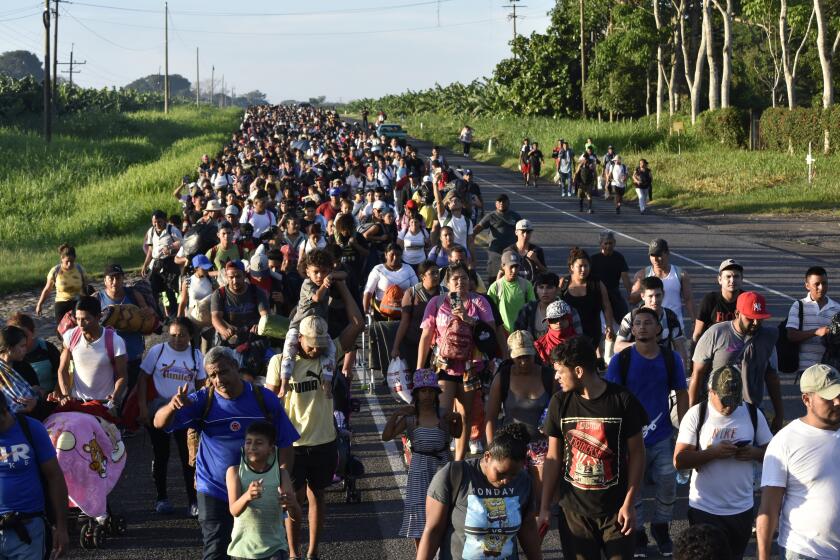Israel judge rules Rachel Corrie responsible for her own death
JERUSALEM — Nine years after their daughter was crushed by an Israeli military bulldozer in the Gaza Strip, the parents of American activist Rachel Corrie lost their legal bid Tuesday to hold Israel responsible for her death and force authorities to reopen the investigation.
A Haifa judge rejected the parent’s negligence lawsuit, calling Corrie’s death an accident that she brought upon herself by refusing to leave what had been declared a closed military zone. “It was a very regrettable accident and not a deliberate act,” said Judge Oded Gershon.
Family members vowed to appeal to the Supreme Court and accused the Israeli government of covering up the truth.
“I believe this was a bad day not only for our family, but for human rights, for humanity, for the rule of law, and also for the country of Israel,” said Cindy Corrie, Rachel’s mother, after the verdict was announced.
The court rejected the family’s request for a symbolic $1 in damages and legal expenses.
Members of the Corrie family, who live in Olympia, Wash., have traveled to Israel for sporadic hearings over the last two years, listening to graphic testimony about how Rachel Corrie, then 23, was run over by a slow-moving bulldozer in Rafah near the border with Egypt.
Corrie, a college student, traveled to Gaza with the group International Solidarity Movement to act as a human shield to prevent Israeli soldiers from demolishing Palestinian homes and farms.
During the trial, the Israeli bulldozer driver, who was never identified, testified that he did not see Corrie standing in front of his vehicle. He ran over the young woman, than backed up and drove over her a second time, witnesses said.
Activists testified that the driver must have seen Corrie, who was wearing a fluorescent orange jacket and standing just a few feet away. They said it appeared Corrie became trapped in the dirt and debris and was unable to escape at the last moment.
The court agreed with an Israeli military investigation that concluded that the driver’s field of vision was limited, and blamed Corrie and other activists for putting themselves in harm’s way.
“She did not move away as any reasonable person would have done,” Gershon ruled. “But she chose to endanger herself ... and thus found her death.”
Sarah Corrie Simpson, a sister, said Rachel was exercising her civil rights to observe and protest against Israel’s occupation of Palestinian territories.
“Rachel was a non-violent peace activist protecting a home with a family in it from being destroyed,” Simpson said. “That’s a right protected under international law. Our family is very proud of Rachel for standing up for rights of that family.”
The Corries, who filed suit in 2005, argued in court that the military should have suspended the bulldozing operations until the civilian protesters had been removed from the area.
They called the initial military inquiry a “whitewash” and accused the Israeli government of withholding key video evidence during the trial. The parents suspect their daughter was deliberately run over, but say even if it was an accident, they wanted to call upon the Israeli government to accept some responsibility and apologize.
No charges or disciplinary actions were brought against anyone involved.
A spokesman for the U.S. Embassy in Tel Aviv declined to comment in response to the court ruling Tuesday.
Civil rights groups say Palestinians and their supporters often face legal hurdles in cases brought against Israeli soldiers. According to a report last year by the Israeli civil-rights group Yesh Din, only 3.5% of complaints alleging crimes committed against Palestinians by Israeli security forces end with an indictment.
Bill Van Esveld, senior researcher at Human Rights Watch, said the ruling sets a worrisome precedent that suggests soldiers are immune from responsibility for harming civilians in a war zone.
“There are civilians in every conflict and the military needs to take precautions to protect them,” he said.
More to Read
Sign up for Essential California
The most important California stories and recommendations in your inbox every morning.
You may occasionally receive promotional content from the Los Angeles Times.









